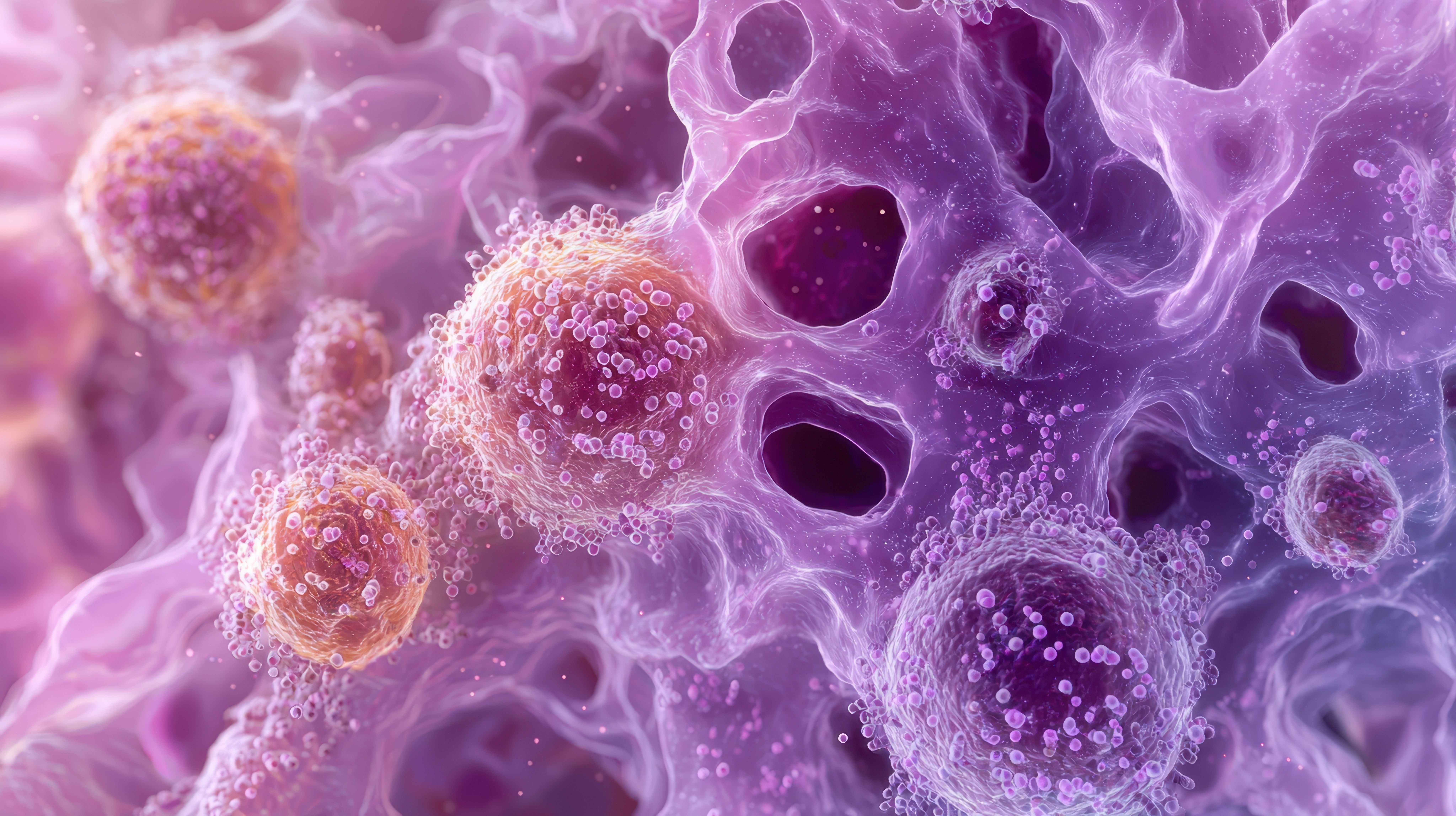Article
Oncology Pharmacists Are Essential Members of Care Teams to Handle Drug Shortages, Errors
Author(s):
The oncology space has seen rapid growth in the last decade, with new approvals and indications necessitating expertise in areas such as medication use, safe practices, and reimbursement practices.
With drug shortages preventing patients from obtaining necessary care and errors presenting major risks for patients with cancer, oncology pharmacists have become trusted and essential members of the patient care team.
An open letter by David DeRemer, PharmD, BCOP, FCCP, FHOPA, the current president of the Hematology/Oncology Pharmacists Association (HOPA), and Susie Liewer, PharmD, BCOP, FHOPA, a past president of HOPA, outlined why oncology pharmacists have become more essential than ever in recent years.
A new report from the Institute of Medicine estimates that medication errors with chemotherapeutic drugs are the second most common cause of fatal medication errors in the United States, making oncology pharmacists’ involvement in the care team essential. The oncology space has seen rapid growth in the past decade, with new approvals and indications necessitating expertise in medication use, safe practices, reimbursement practices, medication management, supportive care, immune-related adverse events (AEs), and training and education, according to the letter.
“With each new approval and new indication, oncology pharmacists help to bridge the gap between science and real-world medical practice,” the letter said.
All of these treatments can be overwhelming for patients and their families, especially during the management of AEs. In addition to the normal stress caused by a cancer diagnosis, the letter said the COVID-19 pandemic presents additional considerations for selecting therapeutic options, monitoring, and supportive care, including integration of vaccines. The letter said oncology pharmacists bring the expertise necessary to manage all of this.
“Oncology pharmacists are uniquely qualified to provide specialized care to patients with cancer to optimize medication therapy and clinical outcomes,” the letter said. “These advanced focused pharmacists play an integral role in the treatment and supportive care of cancer patients.”
Managing such significant AEs is especially important considering the high cost, toxicity, and sensitivity of oncology drugs. In addition to the risks posed to patients, drug shortages and barriers to medication access present serious risks for the larger health care system. These shortages can threaten a patient’s safety by resulting in delayed treatments, changed doses or combinations of drugs needed, or missed treatments entirely when drugs are unavailable, according to the National Survey on the Effect of Oncology Drug Shortages in Cancer Care.
When these delays in care occur, oncology pharmacists can help ensure patient safety, making them an integral member of the care team, according to the letter. Drug shortages impact patients, hospitals, and the national health care system, and during a time in which there is increased focus on health care spending, the letter authors said that oncology pharmacists can optimize spending while maintaining quality of care.
“Cancer treatments continue to evolve and improve patients’ lives,” the letter concluded. “Oncology drug shortages present unique challenges, as many times there are not alternative treatments available. Further policy actions are needed, such as necessary economic incentives to return to a stable and consistent oncology drug supply. Oncology pharmacists play a valuable role in addressing the growing oncology shortages to minimize impact to patient care and optimize medication safety.”
REFERENCE
With Drug Shortages and Errors on the Rise, Oncology Pharmacists are Vital Members of Patient Care Teams in Era of a Pandemic, According to HOPA [news release]. PRWeb; April 5, 2021. https://www.prweb.com/releases/with_drug_shortages_and_errors_on_the_rise_oncology_pharmacists_are_vital_members_of_patient_care_teams_in_era_of_a_pandemic_according_to_hopa/prweb17814869.htm. Accessed April 5, 2021.
Newsletter
Stay informed on drug updates, treatment guidelines, and pharmacy practice trends—subscribe to Pharmacy Times for weekly clinical insights.






